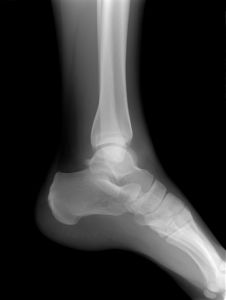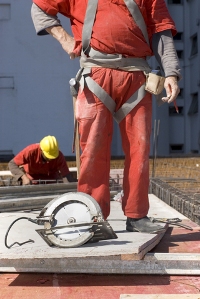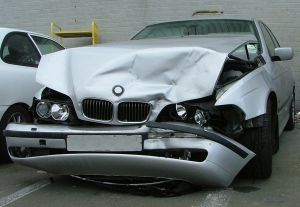Many workers’ compensation cases involve a single traumatic event resulting in a temporary or permanent illness. However, workers’ compensation in Boston, and throughout the Commonwealth of Massachusetts, is also available for repetitive stress injuries such as carpal tunnel syndrome.
 According to a recent news article from Dayton Daily News, what often starts out as an occasional tingling in the thumb can often progress into a strange feeling of pain and numbness, that makes its hard for workers to sleep at night.
According to a recent news article from Dayton Daily News, what often starts out as an occasional tingling in the thumb can often progress into a strange feeling of pain and numbness, that makes its hard for workers to sleep at night.
Epidemiologists estimate around six percent of all Americans will be diagnosed with carpal tunnel syndrome at some time during their lives. This figure only accounts for those who seek medical attention and get a diagnosis. Many more will continue to suffer in silence, thinking this is just something with which they have to live for the rest of their working lives.
Continue reading
 Massachusetts Workers Compensation Lawyers Blog
Massachusetts Workers Compensation Lawyers Blog











